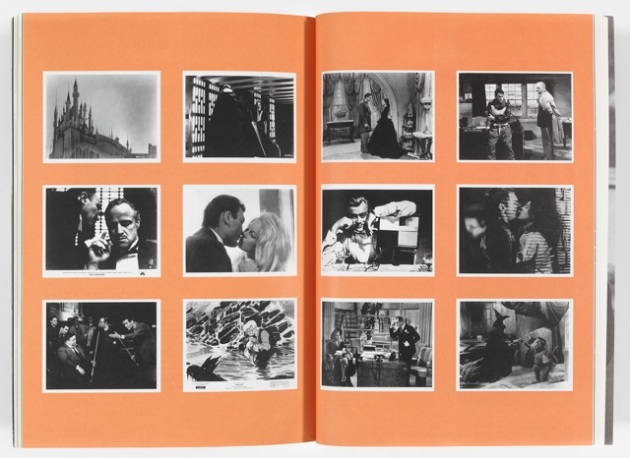Issue no. 87 of New Left Review (June/July 2014) contains my essay “Cultural Revolution,” which is essentially is an attempt to rethink contemporary cultural practice via a seemingly obsolete notion – that of cultural revolution.
“‘Those who want to supersede the old established order in all its aspects cannot cling to the disorder of the present, even in the sphere of culture. In culture as in other areas, it is necessary to struggle without waiting any longer for some concrete appearance of the moving order of the future.’ Thus Guy Debord, in his 1958 ‘Theses on Cultural Revolution’. [1] In appropriating a term Lenin used in 1923 to signal the need for a true socialist culture in the USSR, Debord affirmed his belief in a full-blown remodelling of the social life of the senses, rather than a mere takeover of the state. Seeking to re-excavate the original aesthetic promise of communism, the avant-gardes of the 1960s likewise took up the term, which would have a significant career during and following the upheavals of 1967 and 1968. By then it had acquired Maoist connotations that were hard to avoid—and which tainted the concept for some, while only increasing its allure for others.
In certain obvious ways, the notion of cultural revolution appears to be all too much of its time—inextricably entangled with hopes that were soon dashed. Yet it is as a problematic and therefore potentially productive concept that I want to re-examine it. As such, it has the potential to dislocate dominant theories and histories of ‘political’ art practice, which roughly fall into genealogies of institutional critique on the one hand, and extra-institutional aesthetic activism on the other. At a historical moment when cultural practice is locked between Fordist forms of distribution and post-Fordist forms of production—between filesharing and paywalls, between activist-artistic networks and the construction of McGuggenheims for massive stainless steel sculptures—can the notion of cultural revolution help us to comprehend the antinomies that make up our present? My contention is that it is indeed useful far beyond the heyday of its use, from the late 1950s to the early 1970s, and that it can be employed to probe the historical logic and contradictions of radical practice in the intervening period.”
This is Tony Wood’s final issue as assistant editor; Tony is going to pursue a PhD at NYU. Lately the NLR has been very strong, in my opinion, so he’s going out on a high note. The editing process of “Cultural Revolution” at times felt like a game of correspondence chess between the two of us, much of it revolving around my tendency to incorporate a plethora of historical material and theoretical ruminations, with Tony being intent on making the text more manageable and concise. I’m very happy with this version, which works well as a NLR essay – though I’m keeping my options open, and may restore some historical density and additional theoretical scope in a future version.
Images by Metahaven and Hans Haacke.



You must be logged in to post a comment.